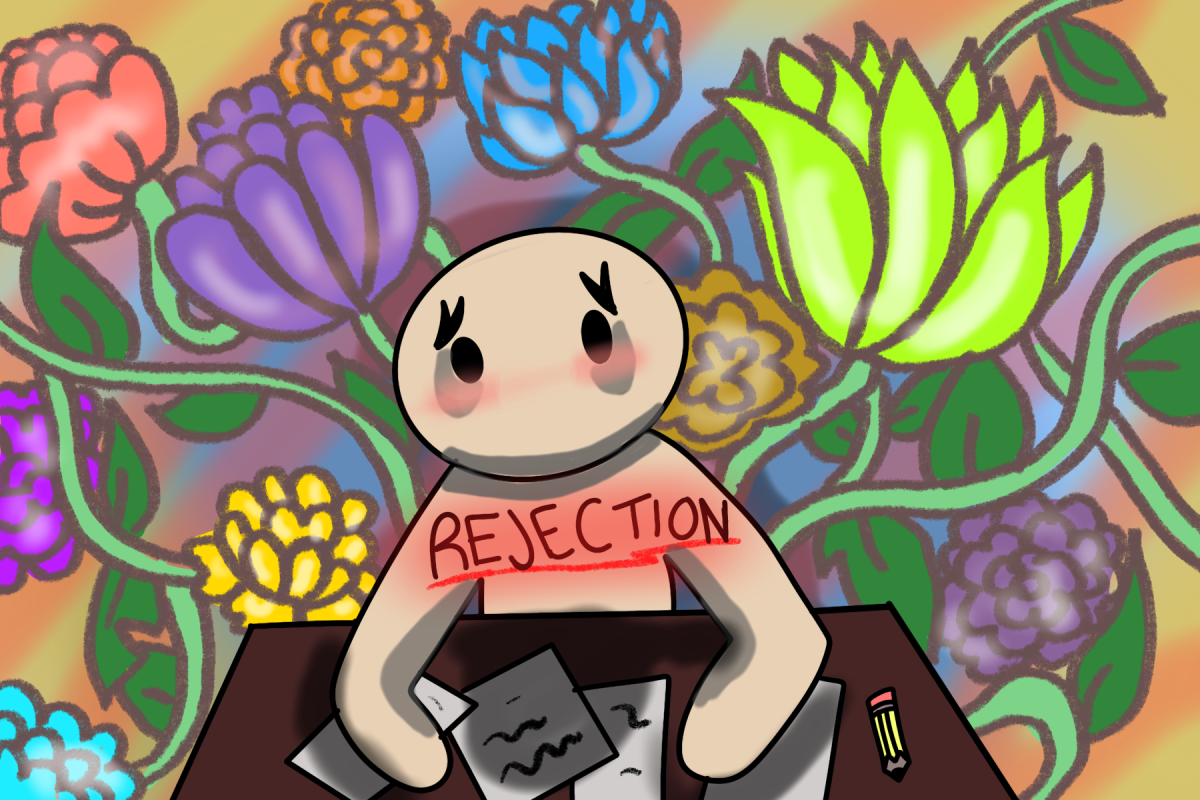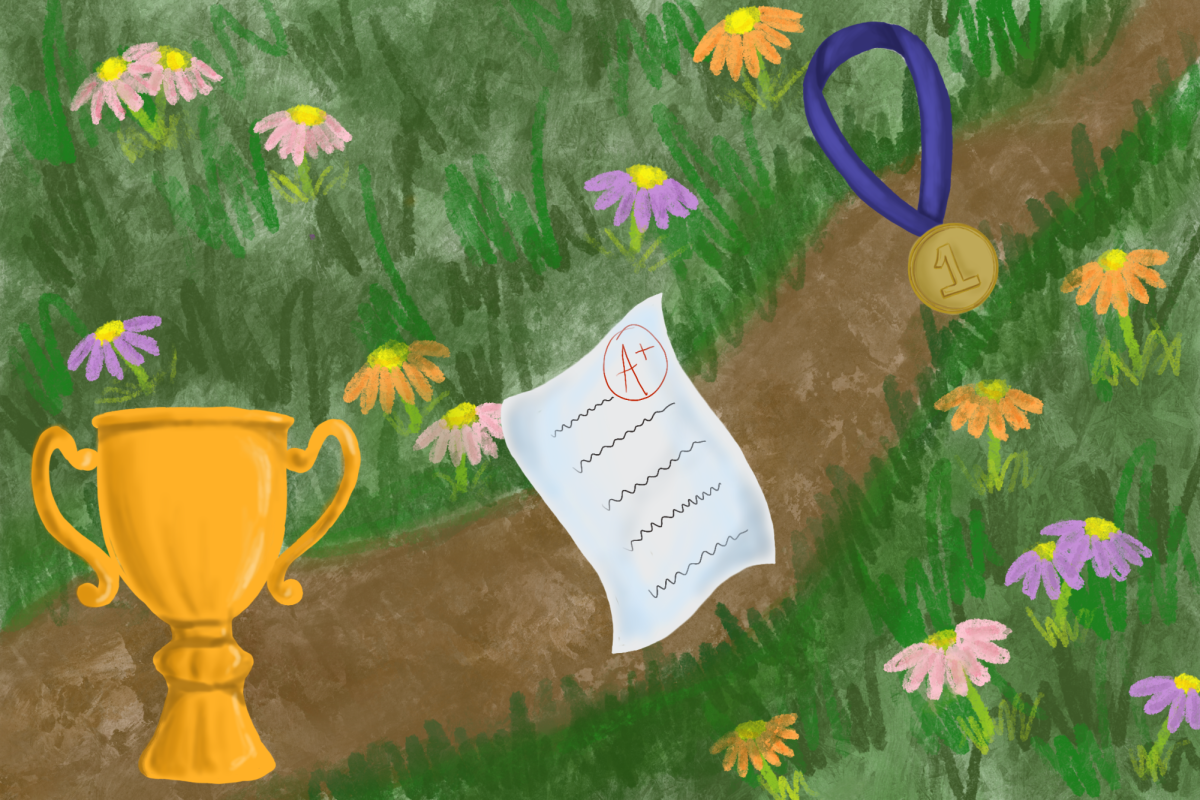“Rejection is redirection.”
I scoffed as I read the plaque adorned with smiley faces in my professor’s office. It was the beginning of my freshman year at UT, and like most business majors, I fell into a cycle of applying for orgs and getting rejected. Every time I got the notification for an application decision, I felt the routine pit in my stomach, followed by white-hot shame that I had been rejected. I was convinced that these rejections were implications of my worth — not just as a student, but as a person.
So, like any sad, homesick freshman, I called up my best friend, who sought to console me and tell me that these orgs were worthless without me — false. Nonetheless, in this flurry of comfort, she shared what was possibly the most useful outlook I’ve heard to date.
Rejection makes her happy, and now makes me happy too.
Obviously, I’m not ecstatic when “we regret to inform you,” flashes across my screen, but there is a poetic, albeit almost delusional way to go about coping. On one hand, you can allow your failures to define you, to discourage you from re-applying or trying something new. On the other hand, you can embrace the rejection and see the bright side. It’s important to reshape our perspectives to see rejection as proof we’re trying.
In life, we’re often told that our experiences are 10% what happens and 90% what we make of it. This adage sounds overused, but its premise has merit. Rejection can be something to celebrate. It’s confirmation that you’re putting yourself out there, which is the first step towards success. Drive and initiative are often traits that are highly sought after, and here at UT, we’re surrounded by top academic performers. You may feel lackluster compared to that classmate with a Bain offer, but I promise, you’re a shining star.
Reshaping our perspectives is even scientifically supported as a concept called cognitive restructuring. In cognitive restructuring, we attempt to help ourselves change the way we think by developing a healthy mindset in response to a stressor. In this case, a rejection is not cause to tear yourself down, but recognition of your perseverance.
In fact, a study conducted by Portia R. Marasigan, an associate psychology professor at Laguna State Polytechnic University, found that cognitive reshaping is “effective to use in coping with negative thoughts.”
In coping with rejection, learning, rather than beating ourselves down, is how we grow and even avoid rejection in the future. So, as summer internships and org applications begin to close, remember, the rejection you may get is not a reflection of your worth but proof that you tried.
Siddiqi is a business freshman from Spring, Texas.













